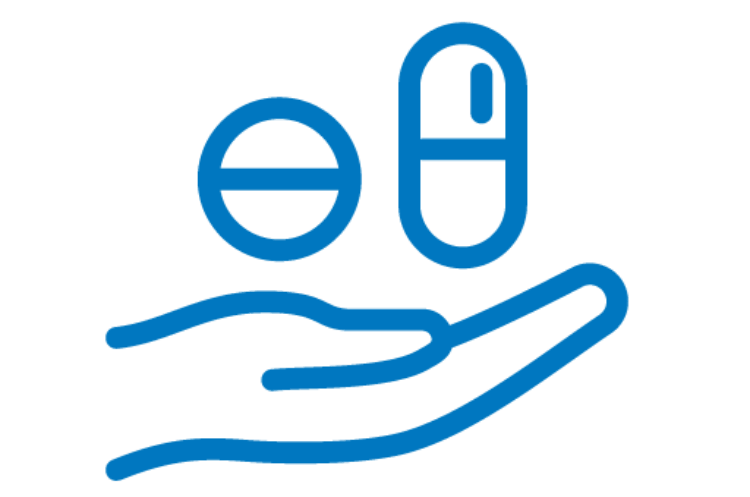The origin of the disease
In December 2019, the World Health Organization was warned of several viral infections in the region of Wuhan, China. Sometime later, on January 7, 2020, China confirmed that a new virus strain from the coronavirus family had been detected.
The most plausible hypothesis that is generally accepted is that humans were infected by a vector of animal origin. Proof, however, has yet to be established.
The virus was first named 2019-nCoV before receiving the official name of SARS-CoV-2. The disease caused by this virus, an atypical pneumonia, was named COVID-19.
Outbreak
This very contagious virus spread rapidly outside of China to Europe, and then to the rest of the world. On March 11, 2020, the World Health Organization declared the outbreak a pandemic.
The first cases of COVID-19 appeared in Québec at the end of February 2020. On March 13, 2020, a state of public health emergency was declared throughout Québec: this exceptional measure allowed the Québec government to implement measures that were needed to protect its population.
Nearly two years later, the pandemic remains present. And although vaccination significantly reduces the chances of sustaining serious complications brought on by COVID-19, the spread of the virus continues with, in particular, the emergence of several highly contagious variants. Thus, several regulations remain in effect to prevent the disease and alleviate pressure on our health system.
Virus transmission
The virus is easily transmitted from person to person through respiratory droplets produced and aerosols created when an infected person speaks, sings, shouts, coughs or sneezes. You can contract the virus if these droplets come into contact with your eyes, nose or mouth or if you touch a contaminated surface and then touch your face.
Symptoms usually appear within 5 to 7 days of being exposed to the virus, and the incubation period lasts from 2 to 12 days.
If you are showing symptoms, stay at home and make sure to schedule an appointment immediately to obtain rapid tests from your Accès pharma pharmacy by using our online service. A person you know can also make their way directly to Accès pharma for you. Tests are sometimes available on the spot. When in doubt, do not hesitate to call the coronavirus info line at 1-877-644-4545.
Let us remind you that immunization allows you significantly reduce the risk of becoming infected, and, more importantly, of incurring serious consequences from COVID-19 that could require hospitalization.
If you are not infected with COVID-19, you should not wait: make sure you receive the necessary doses of the vaccine in order to maximize your protection as well as that of others. Whether it’s for your first, second or third shot, use our online service to quickly schedule a vaccination appointment at your Accès pharma pharmacy. Your pharmacist or a member of the nursing staff will administer the required vaccine.
Your pharmacist is also there to answer any questions you may have regarding immunization and to inform you on the suitability of the COVID-19 vaccine if you suffer from certain conditions that could make it unfavourable.
This information is not a substitute for professional medical advice and Accès pharma affiliated pharmacist-owners cannot be held responsible for this information. The information was true and accurate at the time of publication, but it is subject to change.






